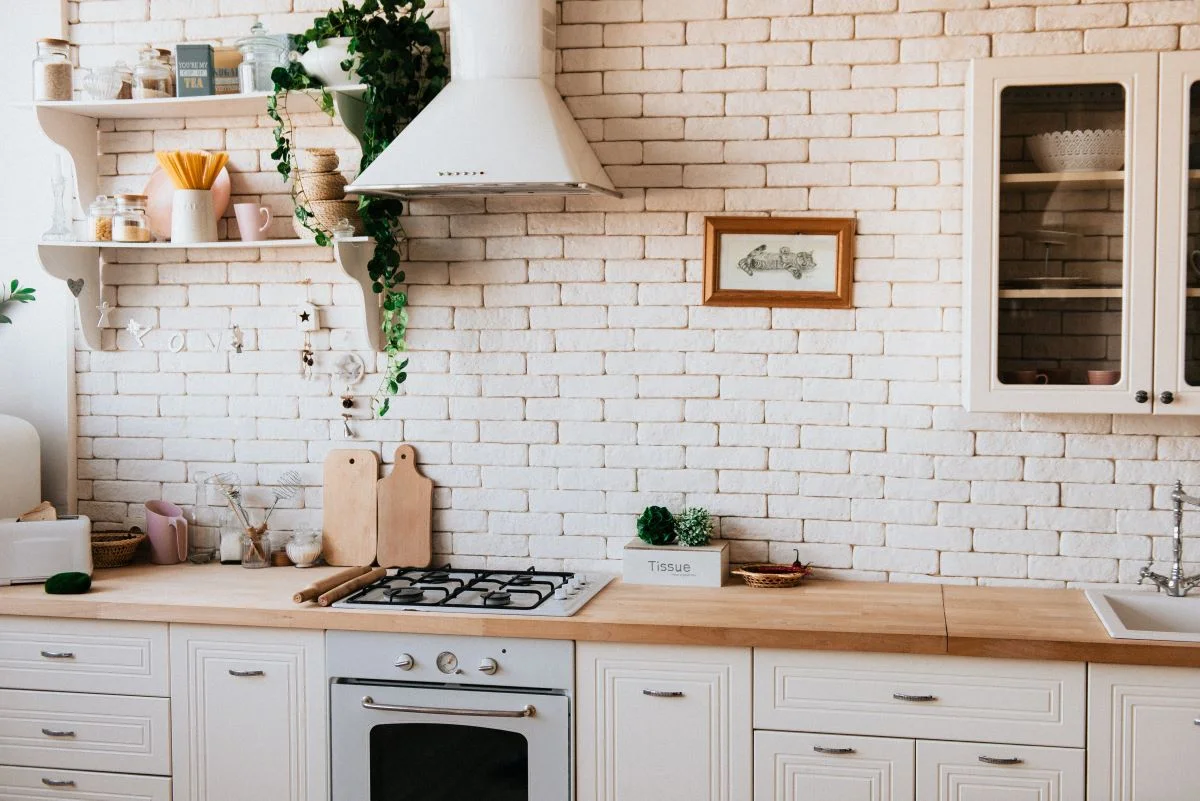Countertops make the look and feel of your kitchen. Choosing the best countertop material will help determine the characteristics such as durability, price, maintenance, and overall appearance. Your RFO house and lot deserve nothing but the best kitchen countertops to elevate your daily lifestyle. Knowing what is the best type of countertop will also guide you amongst its advantages and drawbacks.
How to Choose the Best Kitchen Countertops
There are a variety of materials to choose from when considering kitchen countertops.
Durability
The lifespan of your countertops will depend on the material you choose and daily usage. It can be heat-resistant or resistant to scratches and stains, regardless, of how much you use it will also affect its wear and tear.
Maintenance
The type of material you choose will vary on the daily use of your kitchen. Keep in mind that you wil need maintenance depending on the material’s durability. There are materials that are low maintenance but still, depend on how much you use your countertops.
Price
Know how much you will be spending on your kitchen countertop since there are a wide range of materials that come with a price range. Deciding between low to high prices depends on the material you choose. But even so, always consider your budget.
Finish
You can choose between matte and gloss when it comes to the finishing of your kitchen countertop. It normally doesn’t affect much of its quality, but rather, its aesthetic appearance.
Kitchen Countertop Materials
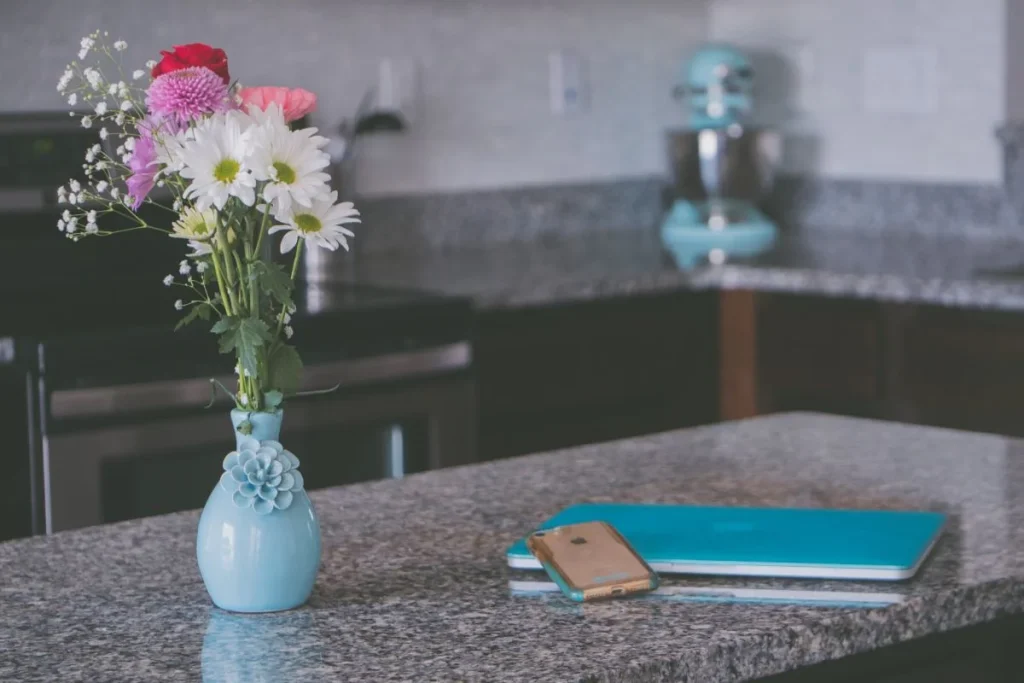
Granite
One of the best choices for countertop kitchen materials, granite is both durable and stand up to abrasive damage. It is a natural stone that has unique, beautiful colors and veining. Due to its weight, it’s best to have it installed professionally. Because of its durability, granite can last decades however, will need sealant every three to five years.
Pros
- Easy to maintain
- Heat resistant
- Plenty of colors and patterns
- Strong and durable material
Cons
- On the higher price range, depending on origin and finish
- Regular sealing and maintenance
- Heavy
Marble
Like granite, marble is another high-end kitchen countertop material. It’s ideal for those who frequently use their kitchen or a countertop you only use for minimal work. It’s resistant to heat, chipping, and breaking, however, stains and scratches can easily affect its aesthetic condition. Best to have regular sealing at least once a year.
Pros
- Unique and beautiful material
- Resistant to heat, chipping, and breaking
- Long-lasting material
Cons
- Easily scratched and stained
- Regular maintenance is required
- Price is at the higher range
Soapstone
A non-porous material, soapstone is one of the materials less likely to be affected by stains. Because of its high talc content, it gives off a soft texture similar to soap. Resistant to heat and bacteria, soapstone is still prone to scratches, especially dents. Minimal damage to soapstone gives the patina a unique look as it oxidizes. Give regular treatment to maintain its good condition by using mineral oil once every month during its first year of installation.
Pros
- Unique color and patterns
- Non-porous material
- Patina creates a unique antique appearance
Cons
- It takes a while for the patina to develop
- Mineral oil is needed
- Vulnerable to abrasive damage
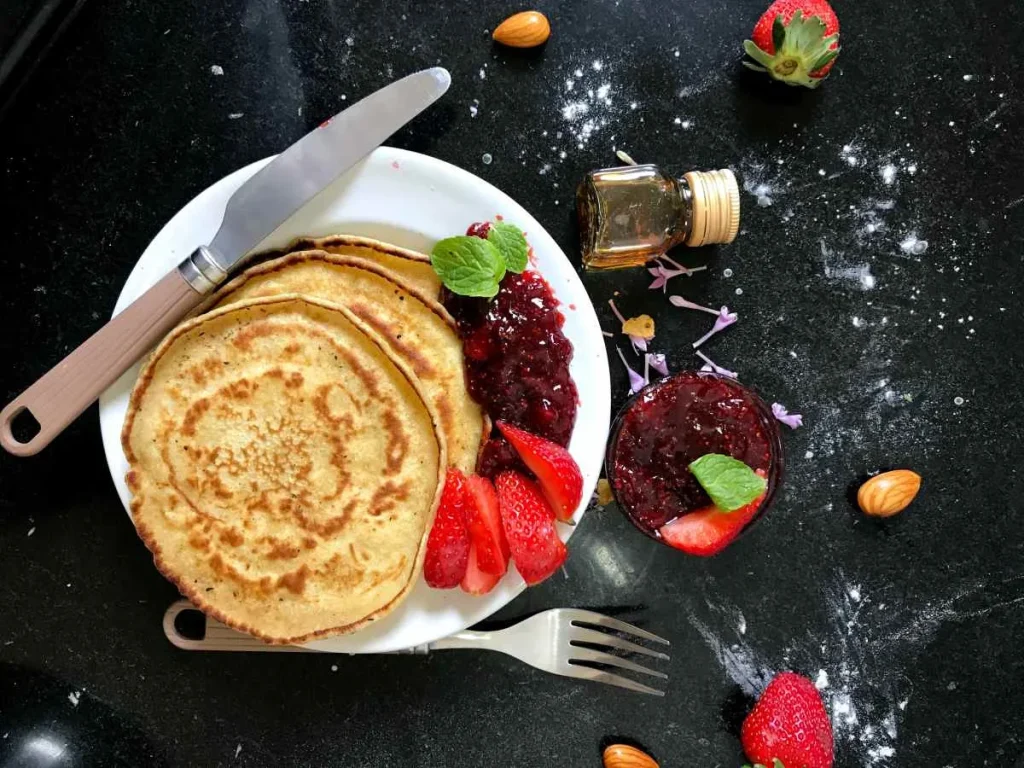
Solid-surface material
A solid surface is a combined blend of acrylic particles and resin that has been pressed into sheets as a countertop material. Depending on the manufacturing process, it’s durable for both medical and industrial applications. It has a warm touch which offers seamless molding options for sinks and a modern aesthetic look. Creators wanted to mimic or look for an alternative to natural stone countertops. Despite its success, solid surfaces are not heat resistant and are vulnerable to abrasive damage. Careful usage is a must.
Pros
- Mid-range price
- Stain resistant
- Wide range of colors and patterns
Cons
- Vulnerable to heat and damage
- Prone to scratches and dents
Quartz
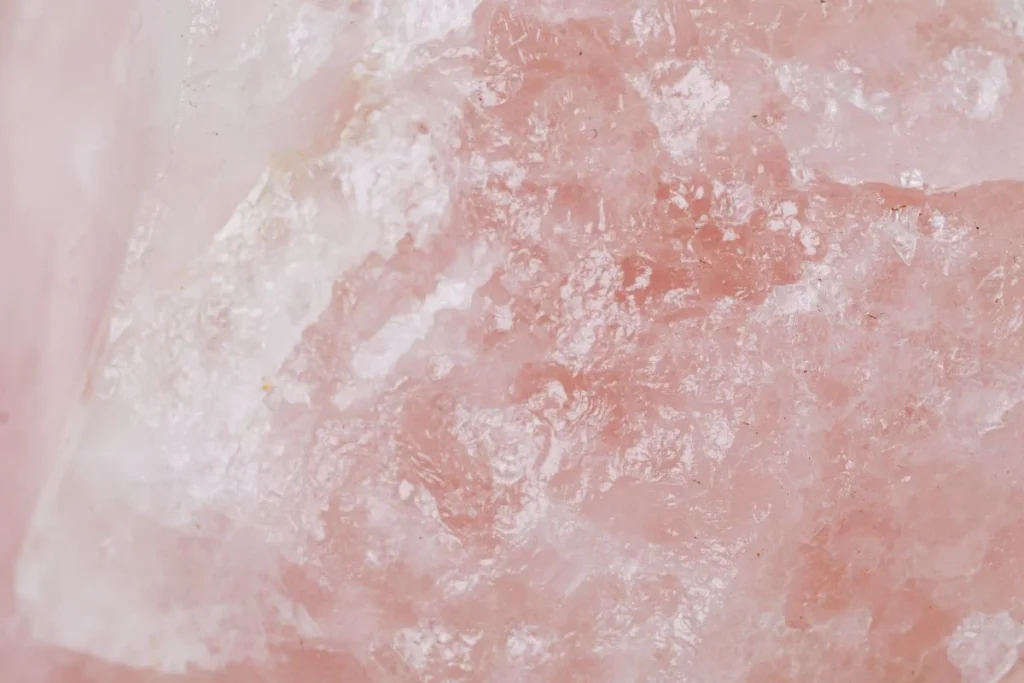
Engineered stone quarts is best to achieve a high-class look and feel without high maintenance. It’s ideal for busy kitchens especially those with younger kids, for less scratching and staining. Created with 90 percent quartz and mixed minerals, it’s another durable material next to granite. Avoid placing heat directly as it could melt its material due to its non-porous design. Additionally, quartz fades when directly placed in sunlit areas of the kitchen. However, it does not require regular sealing.
Pros
- Low maintenance
- Mold, stain, and mildew resistant
- Variety of colors
Cons
- Not heat resistant
- Can still be prone to scratches
- Sunlight can fade its color
Laminate Tile
Laminates are a go-to for DIY kitchen countertops. Besides that it is an inexpensive choice, it is easy to install and also lightweight. It has a nonporous surface which is resistant to mold and bacteria.
There are also a variety of colors and patterns that you can pick for your ideal kitchen. Laminates are a combination of resins, plastics, pattern paper, and particleboard that are seared together using heat and pressure.
Despite being made under heat, it is still not heat resistant so it’s best to avoid placing hot pots or pans on its surface. It also has a shorter lifespan and is prone to peeling.
Pros
- Low maintenance and easy to clean
- Budget-friendly
- Resistant to mold, stains, and mildew.
Cons
- Shorter lifespan
- Vulnerable to scratches
- Will likely peel
Wood
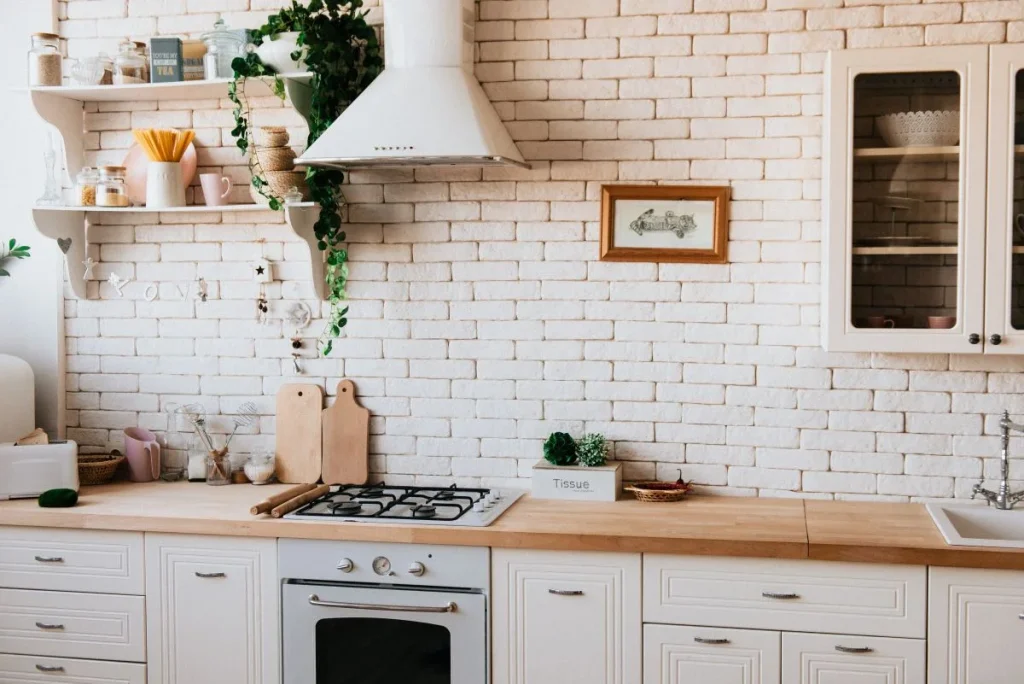
It’s no surprise that wood can be used for chairs, home constructions, and now for kitchen countertops. Wood countertops are perfect to add warmth and character to your kitchen’s overall appearance. These are usually composed of maple, oak, ash, teak, and even bamboo. It’s durable enough to last you for years however, because of its fibrous material, wood can be scratched, stained, and even burnt. Sanding your wood countertops every two to three years is a necessity. It should also be oiled regularly and sealed to prevent mildew, mold, and bacteria.
Pros
- Durable and long-lasting
- Environmentally friendly material
- Country-style aesthetic
Cons
- High maintenance
- Vulnerable to bacteria, stains, and moisture
- Recommended for certain parts of the kitchen not entirely.
Stainless steel
One of most kitchen favorites, stainless steel is resistant to heat, and stains, and easy to clean. This kitchen countertop is ideally used for busy or commercial kitchens. Stains must be cleaned at once to prevent difficulty in removing it. Another note is that it is abrasive to dents and scratches however, some prefer the scratches as it adds to its industrial appeal.
Pros
- Heat resistant
- Easiest to clean
- Mold, stain, and mildew resistant
Cons
- Higher price range
- Not scratch resistant
- Watermarks and fingerprints easily seen

Concrete
If you want a unique kitchen, concrete countertops are customizable which you can choose different colors and mix them with other materials.
Because of this, it costs much more than other countertops. It’s porous materials makes it vulnerable to moisture, bacteria, and staining.
Concrete needs to be regularly sealed to keep its condition and avoid tensile stress from connected fixtures like faucets as it will crack over time.
Pros
- Heat and scratch-resistant
- Long-lasting appearance
Cons
- High maintenance
- Higher price range
- Porous surface
- Can crack over time
Related Blog: Benefits and Drawbacks of Different Types of Kitchen Layouts


